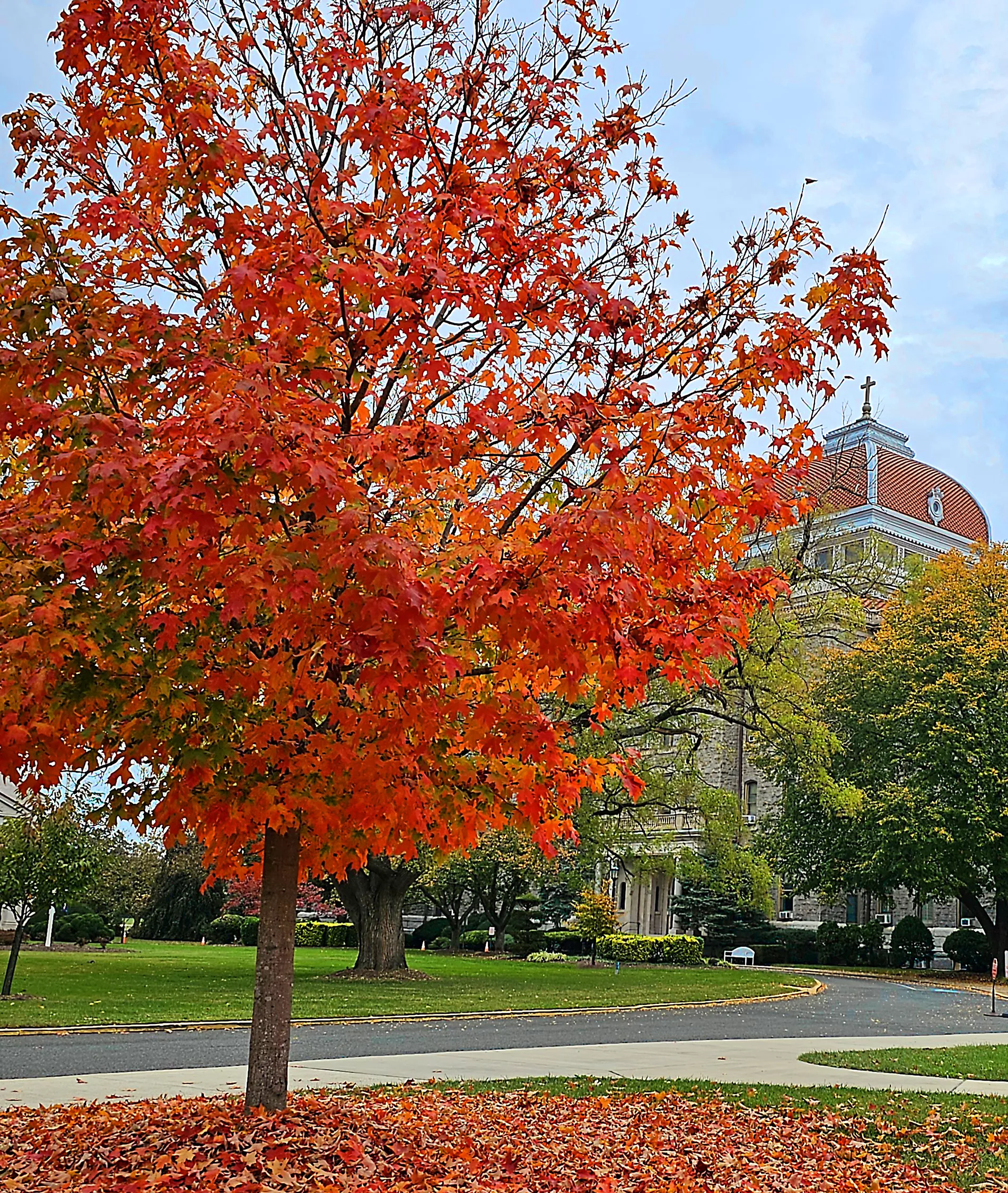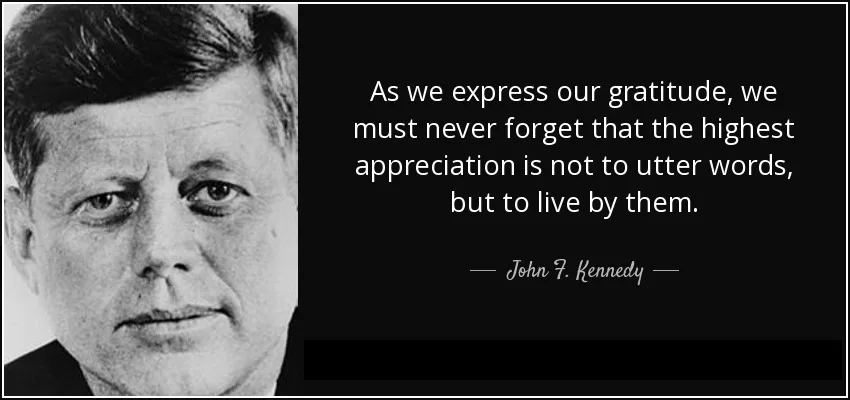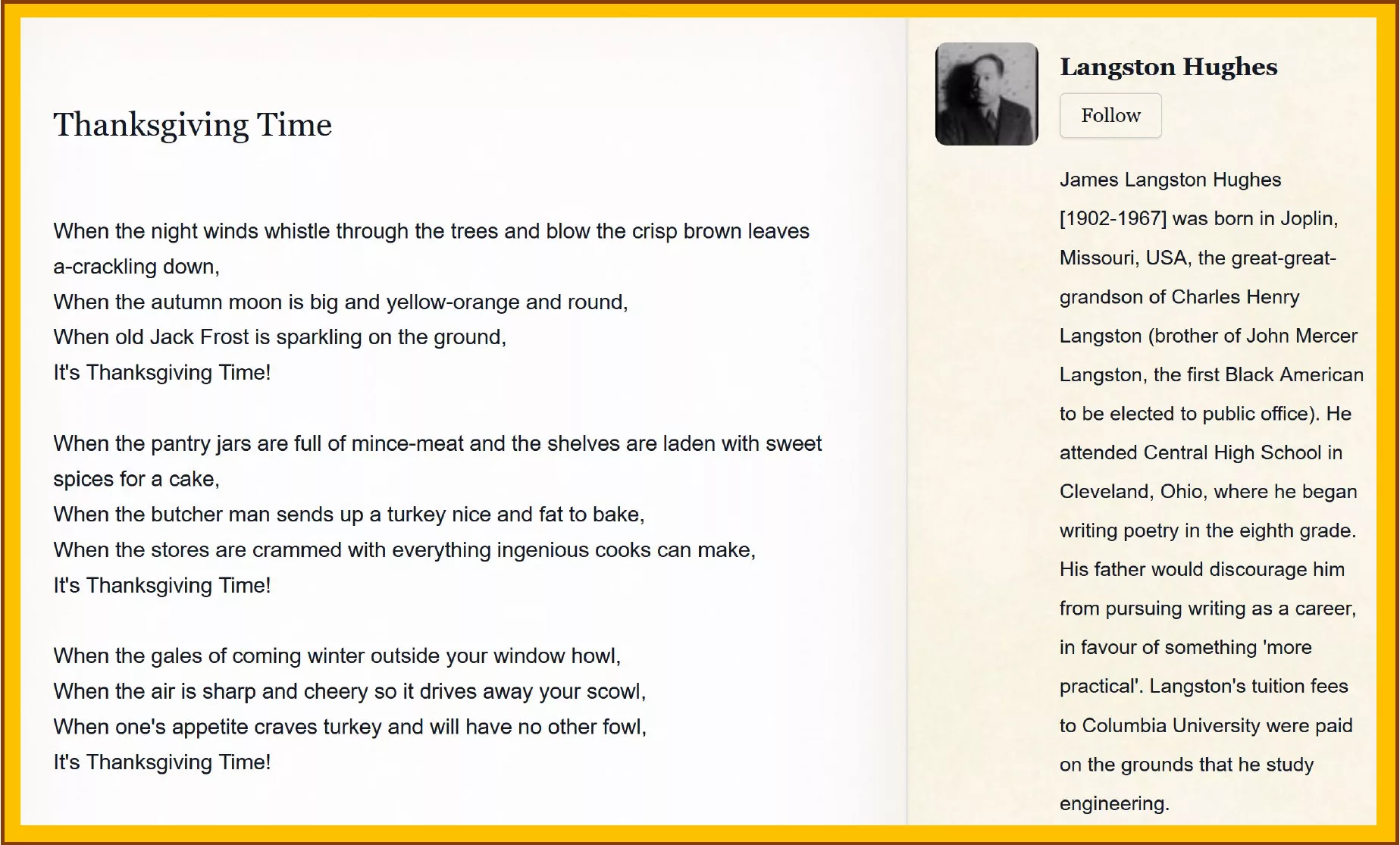
Gratitude in a Time of Turmoil

November 22 — on the eve of Thanksgiving 2023, we observe the somber and still-stunning 60 year anniversary of the assassination of President John F. Kennedy. I was 11 years old, a sixth grader at St. Margaret’s elementary school in Narberth, PA. I remember the nuns suddenly asking us to pray, crying silently but they did not tell us why. We were dismissed early; as we walked in our two-by-two lines down the street, a boy behind me whispered, “Kennedy was shot!” and everyone gasped. On the way home I stopped into the local 5&10 where kids and adults gathered around a radio blaring the news that the president was dead. People were sobbing. I ran home where my mom and brothers were glued to the television, all black and white with Walter Cronkite uncharacteristically choking-up as he read the terrible news, taking his horn-rimmed glasses on and off as the shock set in. We didn’t move from the TV for nearly 4 days as the unthinkable tragedy unfolded with all of its mournful scenes of loss and remembrance.
Sixty years later, with all of the trauma and tragedy stalking our planet each day — war embroiling Israel and Gaza, war in Ukraine, political turmoil at home, gun violence and crime rampant, racial and ethnic hatred erupting in too many places — our daily preoccupation with so much terrible news may make the memories of six decades fade to sepia, a long-ago story hardly relevant today. I am reminded that, to me as a grade school child in 1963, the assassination of President William McKinley in 1901 was about as far away (62 years) as the Kennedy assassination is from today’s urgent current events.
But such distancing of the impact of the Kennedy assassination would be a great mistake. In some ways, November 22, 1963 was the beginning of the long unraveling of American confidence, a gash in the fabric of the postwar country that had a strong enough vision of itself to elect a dashing young man as president — the first US president born in the 20th Century — borne aloft with so many high hopes of a fresh new era of bold invention and intentional modernization of American life. The years following Kennedy’s death were traumatic — the Vietnam war, assassinations of Martin Luther King, Jr. and Robert Kennedy, massive antiwar protests, deep racial unrest and violence, the Watergate scandal, and more. And, yet, there were also triumphs and advances that realized the potential of Kennedy’s vision in real achievement: passage of the Civil Rights Act and Voting Rights Act, the moon landing in 1969, advancement of women’s rights, acceleration of invention particularly in computers and digital technologies.
I have to think that Kennedy and his many supporters would abhor the tawdry state of American politics today, and would work in overdrive to try to correct the course of political movements to avoid the “death of Democracy” narrative that seems to be gaining steam, whether true or not. Kennedy had many flaws, yes, but his gift of rhetoric also made it possible for him to communicate large ideas about governing and participation in a Democracy that few presidents have matched. We remember his stirring inaugural challenge: “As not what your country can do for you, but what you can do for your country.”
As we look to tomorrow’s Thanksgiving celebrations, let’s remember Kennedy’s admonition, framed at the top of this blog, that, “As we express our gratitude, we must never forget that the highest appreciation is not to utter words but to live by them.” Gratitude is not a weak concept, easily said and quickly forgotten. Gratitude is a habit of mind and disposition to act, to return the gifts that others give us in the form of equally valuable acts of love, kindness, commitment and even advocacy for justice.
In this time of great national and global turmoil, on this Thanksgiving what leads us to express gratitude in a way that also compels us to take action?
We must be grateful for our freedom and individual rights. We must act to preserve and defend our freedom and rights from all those who would diminish and deny them. The threats are real, the need for action is clear.
We must be grateful for the people — family, friends, colleagues, neighbors — who bring joy, happiness, help to our lives. We must not take them for granted. Every day we need to return those gifts with our own sense of joy and commitment to make life a little better for others each day.
We must also be grateful for those who go to extraordinary lengths to make sure that we can live our best lives each day in peace and prosperity — the teachers and counselors, the doctors and nurses, the military personnel on duty in far away places, the first responders nearby and the advocates and activists for the causes that advance racial and social equity for all. We should join them in common cause in every way possible since the “habits of the heart” — the work of people coming together in commitment to building a good society — are the only real way to ensure peace and justice for all.
To leaven these somber thoughts in worrisome times, below is a delightful poem by a very young Langston Hughes, one of the first he ever published in 1921. Hughes went on to publish far deeper and more complex poems and plays, and he became the driving force behind the Harlem Renaissance. But even so great and complex an intellectual, artistic and social leader as Hughes could also speak to the joy of the simple pleasures of life, of which “Thanksgiving Time” with its aromas and rituals is one of the best.
